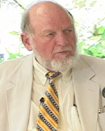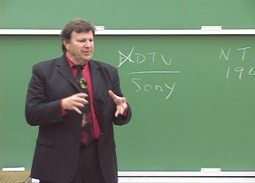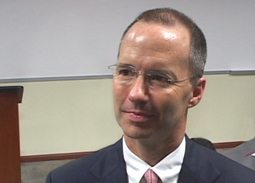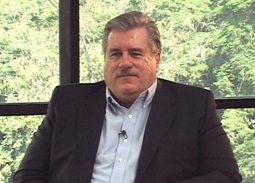About this videoDonald Livingston discusses moral philosophy according to David Hume. He comments on the objective view of morality and gives a brief explanation of the moral order. Livingston compares Aristotle’s thoughts and those of St. Augustine and St. Thomas Aquinas. He also illustrates modern morality, which is exemplified by Immanuel Kant and John Stuart Mill. He talks about tradition and modern philosophy and shares the views of Hume and Aristotle on the subject of human function; he also discusses Hume’s notion of reason and morality. According to Livingston, Hume believed in tradition as the place where human excellence can be found. Furthermore, he explores Hume’s beliefs and comments on moral certainty, the value of social virtues, and the relationship between political theory and moral tradition according to this renowned thinker. |
|
CreditsHume's Moral Philosophy
| |











